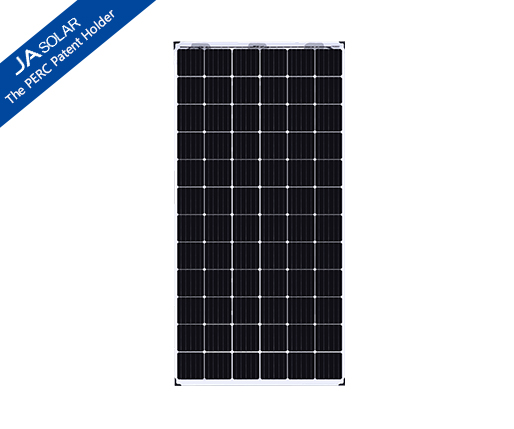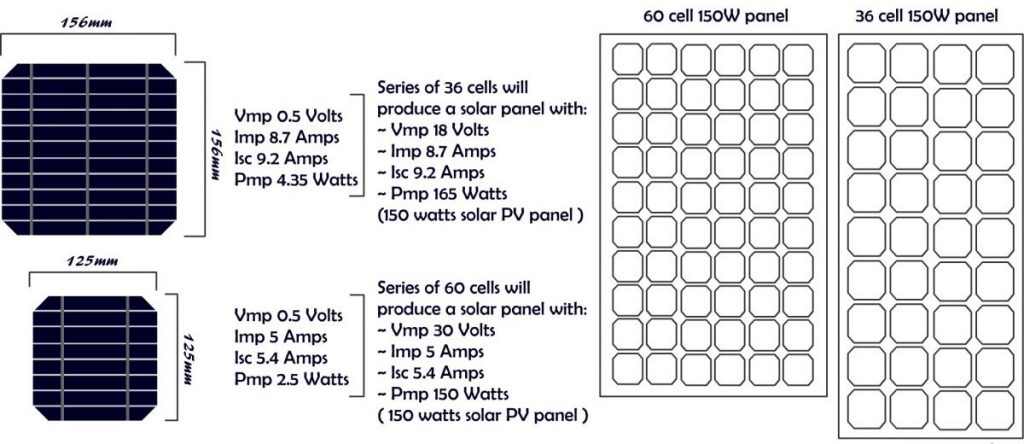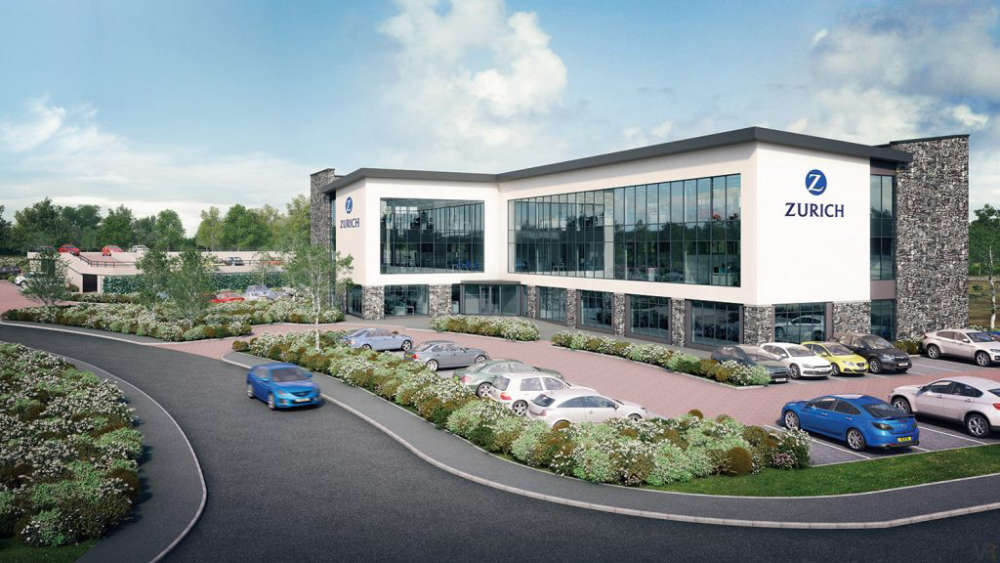
A distributed generator generates electricity for an area, but it is still connected with the main power grid. It is also known by the names decentralized electricity, on-site or district generation. This type is done by small devices that connect to a grid or distribution network. A distributed generator generates electricity from a variety of energy sources.
Reciprocating engines
Reciprocal engines offer many advantages over other peaking technology. These engines can produce higher heat rates. This translates into better energy sales. In order to give an idea of the cost of operating and maintaining a plant, a reciprocating generator was used in a case analysis. A reciprocating engine proved to be more profitable in peaking situations, but less financially attractive for intermediate dispatch.
Reciprocating engines have a wide range of capabilities and are highly efficient. They can run on many fuels and have a quick start. They are also extremely reliable, and their low fuel gas pressures make them ideal for power plants. They can be quickly built and have a low cost.
Solar panels
Solar panels are becoming a popular way to produce clean electricity. Germany is a leader in the use of distributed solar energy. PV generation accounts for almost 40% of the country’s peak power demand during certain times of the year. This paper discusses the potential impact of growing PV installations on power flow as well as grid stability in the transmission/distribution system. This paper offers practical solutions for improving frequency control and reducing congestion.

According to the latest estimates, global distributed PV market growth is more than two percentage points between 2012 and 2024. This expansion can be attributed primarily to both commercial and residential solar PV systems. In the US, and Europe, net metering is also driving growth. Aside from the United States and the Association of Southeast Asian Nations countries (ASEAN), India has also implemented policies to encourage residential photovoltaic installation.
Wind turbines
There are many benefits to installing a distributed turbine wind turbine on your property. A small scale wind turbine can produce enough power for your daily use. The surplus power can be sold back to the power provider by many people. Distributed wind farms are also economically viable. Federal grants can cover up to 25% of the installation cost.
Pecos Wind Power aims to increase distributed wind turbines' capacity factor, which will lower the LCOE and expand geographic markets. Industry experts have given the project wide recognition for its scientific merit. The National Renewable Energy Laboratory estimates that distributed wind turbines' capacity factors could increase by 25% by 2030, and by fivefold by 2050.
Fuel cells
Fuel cells are a high-efficiency type of distributed generator that can generate clean power. Their modular design makes them ideal for urban environments. They produce no emissions and emit little sound and vibrations. They can be installed outdoors or inside ventilated buildings. These units can be used to provide emergency power during severe weather or when the power grid is down.
These fuel cells are silent and free of pollution and make a great choice for both residential and commercial applications. The fuel cell engine works by converting chemical energy contained in fuel to electricity. This type of generator is often located in close proximity to schools, homes, and other urban areas.

Storage units
Storage units in distributed generator systems can help stabilize power and increase reliability. These units are especially useful during peak demand when they balance the grid load. They can also be used to decrease the load on the grid equipment during periods when there is less demand, such a diurnal fluctuation. The storage of energy can help utilities optimize generation transmission and distribution.
Distributed generators can store a variety of storage units, including batteries, pumped Hydro, compressed Air, and thermal Energy Storage. While these systems are not without their technical limitations and costs, there are some common features. These storage systems may be used either as an independent unit or as part of a larger distribution system.